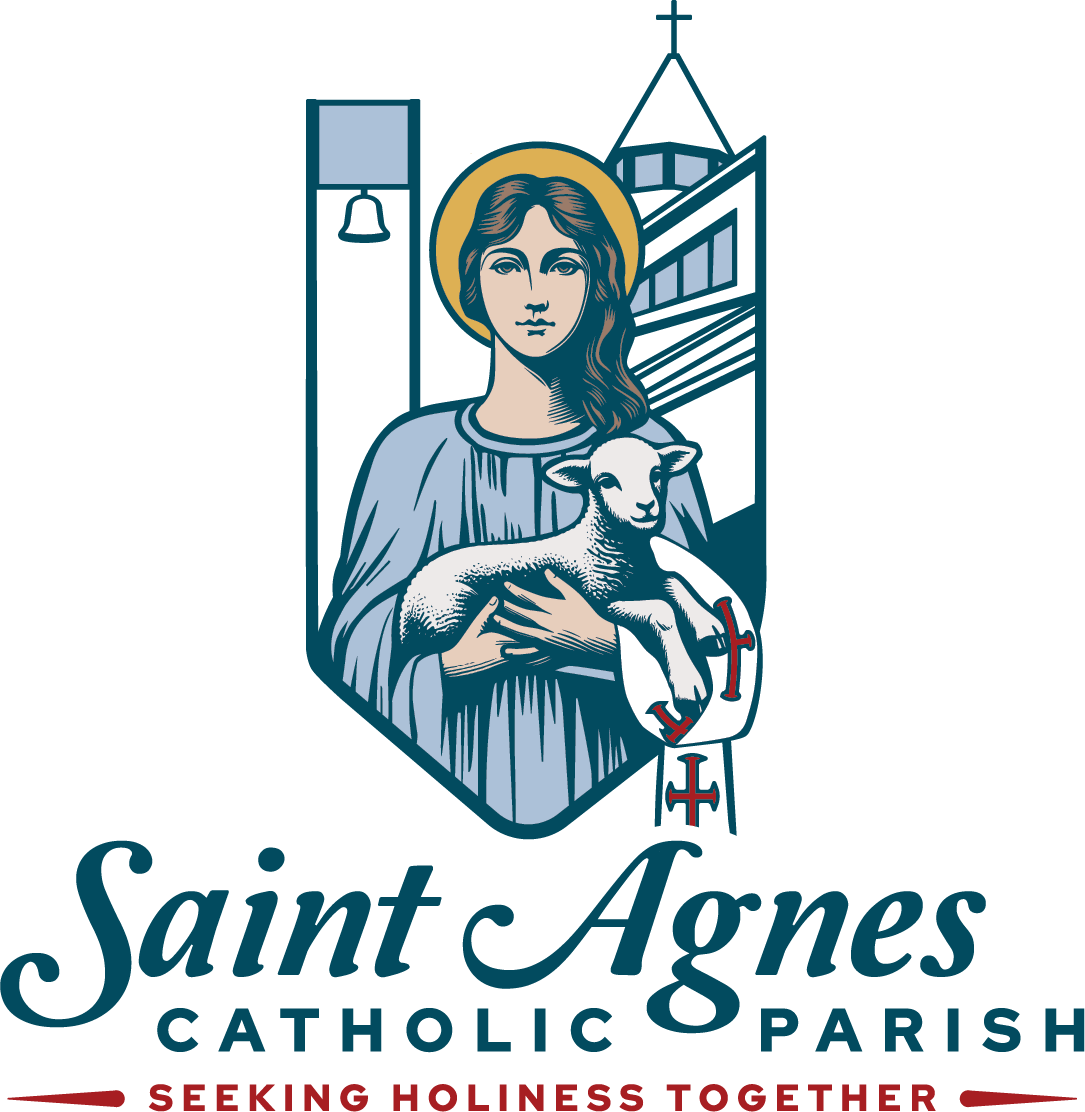2nd Sun. Ord. time Yr C- Dcn. Bill
Second Sunday in Ordinary Time Yr C .
Ref.: John 2:1-11 “A simple command to Divine Life” Dcn. B. Kenney 1-18,19-25
Introduced by Pope John Paul II in 2002, the Luminous Mysteries were added to the Holy Rosary to reveal the light of God manifested through Jesus, the Light of the World. The Wedding Feast at Cana is the second of the five Luminous Mysteries. In this account in St. John’s Gospel, we hear:
- the prayer of confidence from the Mother,
- the mercy of the Son,
- the obedience of the servers, and
- the power and grace of God shining forth for the marriage spouses and his Son.
From our Gospel reading, we are the obedient servers to whom it is told by our blessed Mother, “Do whatever he tells you.”– perhaps the greatest summation of the duty of our faith- a phrase of no uncertain terms- a timeless command and invitation for all generations. Do we do whatever Jesus asks of us? Have we listened to and upheld this command- from the time in Eden, through our wanderings after being given the 10 Commandments? Have we listened to His Gospel, the patriarchs and Magisterium of His Church as a guide to our lives? Are we prepared to go forth to be Christ’s witnesses to others, as our Bishop Boyea leads us in the Be My Witnesses journey this year? What else do we need to know in life but to follow this simple command?
The hard part, of course, is following that command. Its terms are easy to understand, to preach it is easy, but to commit ourselves to do everything that our Lord tells us, that’s a challenge. To actually follow through and fulfill His divine will requires great grace, trust, and love in the Lord.
“Do whatever he tells you.” invites us to do two things:
- Pray while discerning what Jesus wants of us and,
- Take action to freely embrace that which we are called to do.
“Do whatever he tells you” is a prayer spoken in confidence; a prayer to be answered. Reflect on this invitation-for-action by our Blessed Mother. These are the last words of Mary recorded in the Bible; words defining our faith. How ready are you to hear this invitation and do God’s will, no matter what it is? The good news is that if we are willing to do for Him everything in total obedience, we will discover that our lives are abundantly filled to the brim with the grace of Divine Life.
And what is “Divine Life”? Divine life is nothing less than the nature of Christ reigning in your thoughts, words, and actions. It is a grace: a freely given gift from God. Our blessed Mother lived this Divine Life in trust and unity with her Son. She is our great intercessor and example of holiness to emulate. Her words lead us to her Son and are therefore worthy of obedience. In what ways can you ask for Mary’s intercession in your life?
Today we recognize and celebrate the Feast Day of our Parish Patron Saint, St. Agnes. St. Agnes was a beautiful Italian girl devout in her love, faith, and obedience to our Lord Jesus, whom she called her divine bridegroom. She too lived the Divine Life. Rather than forsake her love for Christ, the twelve-year-old was beheaded (martyred) for her faith and for refusing suitors who called upon her hand in marriage. She is depicted as a young girl in robes holding a palm branch with a lamb either at her feet or in her arms, signifying her martyrdom, purity, and virginity. On her Feast Day, January 21 st , it is customary for two lambs to be brought to the pope to be blessed. On Holy Thursday the lambs' wool is removed and woven into a pallium, a shoulder wrap vestment the pope gives to a newly consecrated archbishop as a sign of his power and union with the pope. How does the life and martyrdom of St. Agnes empower you to grow in faith and love for our Lord Jesus?
Today at our Eucharistic feast we can relate to the events of the Wedding Feast at Cana. Instead of water changed into wine, we offer our humble gifts of bread and wine to be consecrated and transfigured into our Savior’s body and blood. In Cana, the bridegroom provided the wine that was soon depleted. Jesus abundantly replenished it with the “good” wine. In the Mass, Jesus, the bridegroom of his mystical bride, the Church, provides for us his precious blood until he comes again in glory. The Eucharist is freely given to us in super-abundant grace, brimming over in holiness and perfection, for our salvation.
Obedient to the invitation of Mary, may we turn and listen to Jesus, doing whatever he tells us. Like his disciples, may we believe and live the glory of Christ in our lives. May we offer Him, in confidence and trust, through the intercession of our Blessed Mother and St. Agnes, all our needs and joys together with the hopes and needs of the whole world, for the glory of God.


